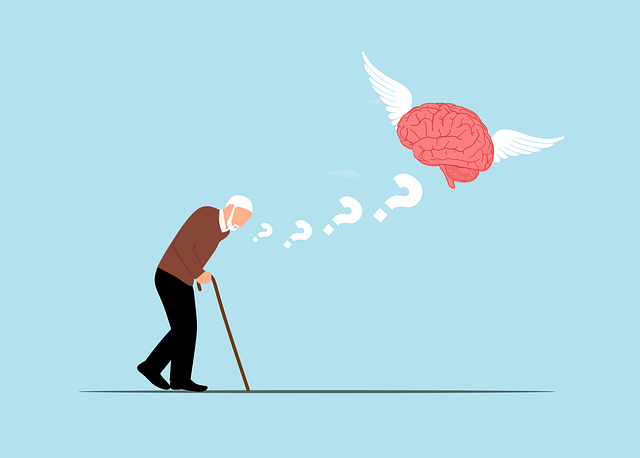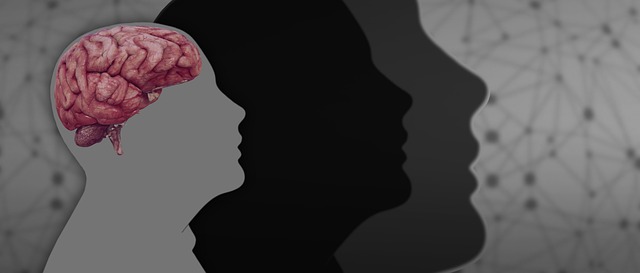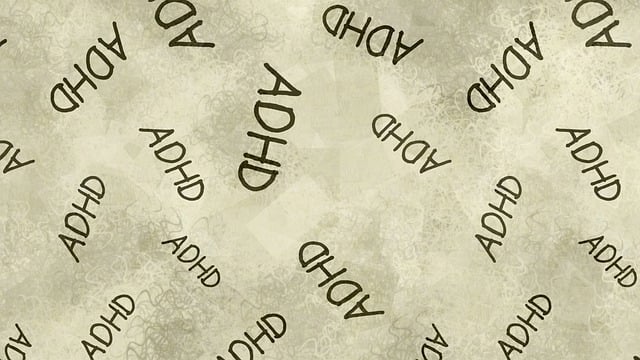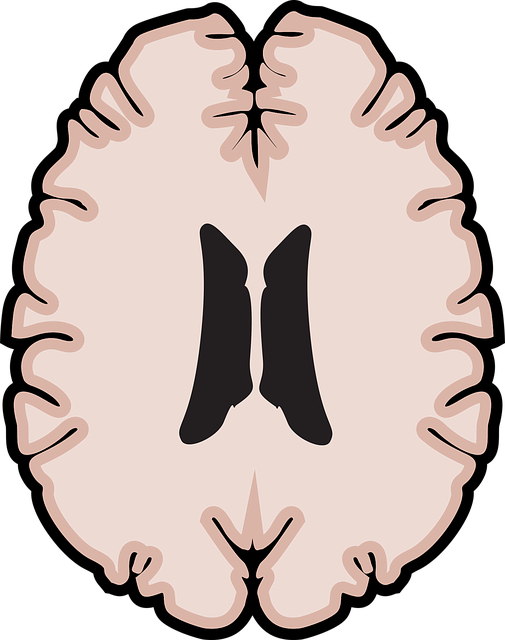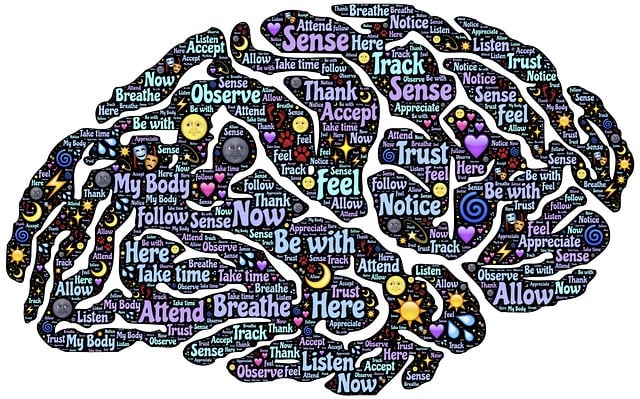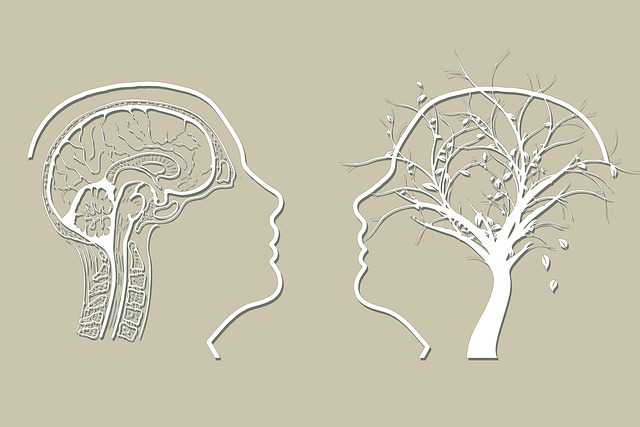Englewood Biofeedback Therapy offers a non-invasive, evidence-based approach to mood regulation, empowering individuals to manage their emotional well-being by controlling physiological responses and brain activity. Integrating practices like compassion cultivation, mindfulness meditation, and risk management planning, this therapy enhances self-awareness, empathy, and non-judgmental attitudes, improving emotional regulation. Validated by science, it's an effective alternative to medication or traditional psychotherapy, particularly for stress, anxiety, and depression. Through community outreach and cultural competency training, these techniques are accessible to diverse populations, fostering inclusive mental health support. Mindfulness meditation and deep breathing exercises provide emotional control and balance, while professional guidance equips individuals with strategies for stress reduction and self-reflection through journaling.
Mood regulation is a vital skill for navigating life’s challenges. This article explores various strategies to help you manage your emotions effectively. We begin by understanding the significance of mood regulation and its impact on overall well-being. A unique, non-invasive approach, Englewood Biofeedback Therapy, is highlighted as an innovative solution. Additionally, we delve into daily practices, mindfulness techniques, and the importance of professional support when needed. Discover practical ways to enhance your emotional resilience and embrace a more balanced life.
- Understanding Mood Regulation and Its Importance
- Englewood Biofeedback Therapy: A Non-Invasive Approach
- Techniques for Daily Mood Management
- The Role of Mindfulness and Meditation
- Professional Support: When to Seek Help
Understanding Mood Regulation and Its Importance

Understanding mood regulation is crucial as it significantly impacts our overall well-being and quality of life. It involves managing and stabilizing emotional states to achieve a sense of balance and resilience. Englewood Biofeedback Therapy offers an evidence-based approach to help individuals gain control over their physiological responses, which in turn influences their emotions. By learning to regulate mood, one can enhance their ability to cope with stress, anxiety, and depression, leading to improved mental health and life satisfaction.
Compassion cultivation practices and mindfulness meditation are essential tools within this process. They promote self-awareness, empathy, and a non-judgmental attitude towards oneself and others, fostering better emotional regulation. For mental health professionals, integrating risk management planning is vital to ensure they can effectively support their clients while safeguarding their own well-being. These strategies collectively contribute to a holistic approach in navigating complex emotional landscapes, ultimately enhancing the effectiveness of mood regulation techniques.
Englewood Biofeedback Therapy: A Non-Invasive Approach

Englewood Biofeedback Therapy represents a non-invasive approach to mood regulation, gaining prominence in mental health care. This technique empowers individuals to take control of their emotional well-being by teaching them to influence their brain activity and physiological responses. Through specialized sensors and real-time feedback, biofeedback therapy allows users to monitor and adjust various bodily functions, such as heart rate and muscle tension, known contributors to mood states.
By integrating Englewood Biofeedback Therapy into mental health services, healthcare providers can enhance patient care, particularly for those seeking alternative solutions beyond traditional medication or psychotherapy. This method is especially beneficial for individuals dealing with stress, anxiety, and even depression. Moreover, incorporating biofeedback therapy into Healthcare Provider Cultural Competency Training ensures that mental health professionals are equipped to offer this innovative treatment, thereby improving access to effective mood regulation strategies within diverse cultural contexts, as supported by growing Mental Health Education Programs Design.
Techniques for Daily Mood Management

Incorporating daily mood management techniques is a proactive approach to well-being. Simple yet effective strategies can significantly influence an individual’s emotional state, offering a sense of control and balance throughout the day. Techniques such as mindfulness meditation and deep breathing exercises have been scientifically proven to reduce stress, enhance focus, and stabilize moods. Practicing these regularly allows individuals to navigate their emotions more effectively, fostering better mental resilience.
Englewood Biofeedback Therapy is a specialized technique that empowers individuals to gain conscious control over involuntary bodily functions, thereby influencing mood directly. By participating in biofeedback sessions, one can learn to regulate physiological responses associated with stress and anxiety, leading to improved emotional stability. Moreover, community outreach programs focused on mood management, coupled with healthcare provider cultural competency training, play a pivotal role in making these techniques accessible to a diverse range of individuals, fostering inclusive mental health support.
The Role of Mindfulness and Meditation

Mindfulness and meditation have emerged as powerful tools in mood regulation strategies, offering a peaceful sanctuary from the chaos of daily life. These practices encourage individuals to focus on the present moment, cultivating awareness of their thoughts and emotions without judgment. Through regular engagement in mindfulness exercises, one can develop a deeper understanding of their mental state, enabling them to navigate through periods of heightened stress or distress more effectively.
In the context of Englewood Biofeedback Therapy, mindfulness serves as a foundational practice, helping individuals gain control over their physiological responses. By assessing and managing these responses, as highlighted in the Risk Assessment for Mental Health Professionals, practitioners can support clients in reducing symptoms associated with mental illness. Furthermore, mindfulness meditation has been shown to play a significant role in Mental Illness Stigma Reduction Efforts by fostering self-acceptance and compassion, ultimately promoting better emotional regulation.
Professional Support: When to Seek Help

If you’re struggling to manage your mood and it’s affecting your daily life, it may be time to consider professional support. Engaging with a mental health professional like those offering Englewood Biofeedback Therapy can provide valuable tools for emotional regulation. These experts can help individuals understand their unique triggers and develop tailored strategies for stress reduction methods.
Journaling exercise guidance is often part of this process, encouraging self-reflection and awareness. Through therapy, you can learn to identify patterns in your emotions and implement effective solutions. Whether it’s cognitive behavioral therapy or other evidence-based practices, professional help offers a structured approach to improving mental wellness and mastering emotional regulation techniques.
Mood regulation is a vital skill for enhancing overall well-being. By understanding the importance of maintaining emotional balance and exploring various strategies, individuals can effectively manage their moods on a daily basis. From non-invasive techniques like Englewood Biofeedback Therapy to mindfulness practices and professional support, there are numerous tools available to foster emotional resilience. Incorporating these methods into one’s routine can lead to improved mental health and a more fulfilling life.
